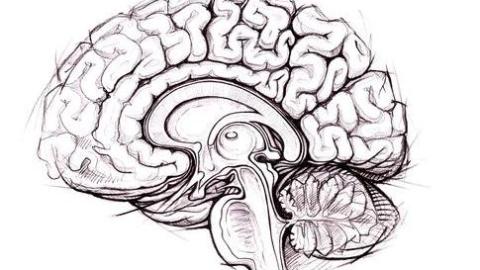How the Brain Chooses Between Doing What We Should and Doing What We Want

What’s the Latest Development?
Some of the most necessary things in life can also be the most boring. Now, scientists at Vanderbilt University have a better understanding of why some people can stay on task and others are more prone to seek immediate pleasure. In an experiment, the presence of more dopamine in the brain’s left striatum and ventromedial prefrontal cortex was associated with a greater willingness to work harder for future rewards. In another part of the brain, the insula, the relationship was inverted. The more dopamine present made individuals more aware of the unpleasantness of doing a boring task.
What’s the Big Idea?
Although we are not consciously aware of the calculations our brain is making, our behavior seems largely determined by sets of chemical reactions. So when it comes to high levels of performance in any field, which requires thousands of hours of practice whether you are playing the piano or programming software, some people are more willing to endure the tedium that accompanies mastering a particular discipline. “These diligent souls seem to get a bit more pleasure from the possibility of reward, but they also seem less sensitive to their inner complainer.” This is the neuroscience of effort.
Photo credit: Shutterstock.com





